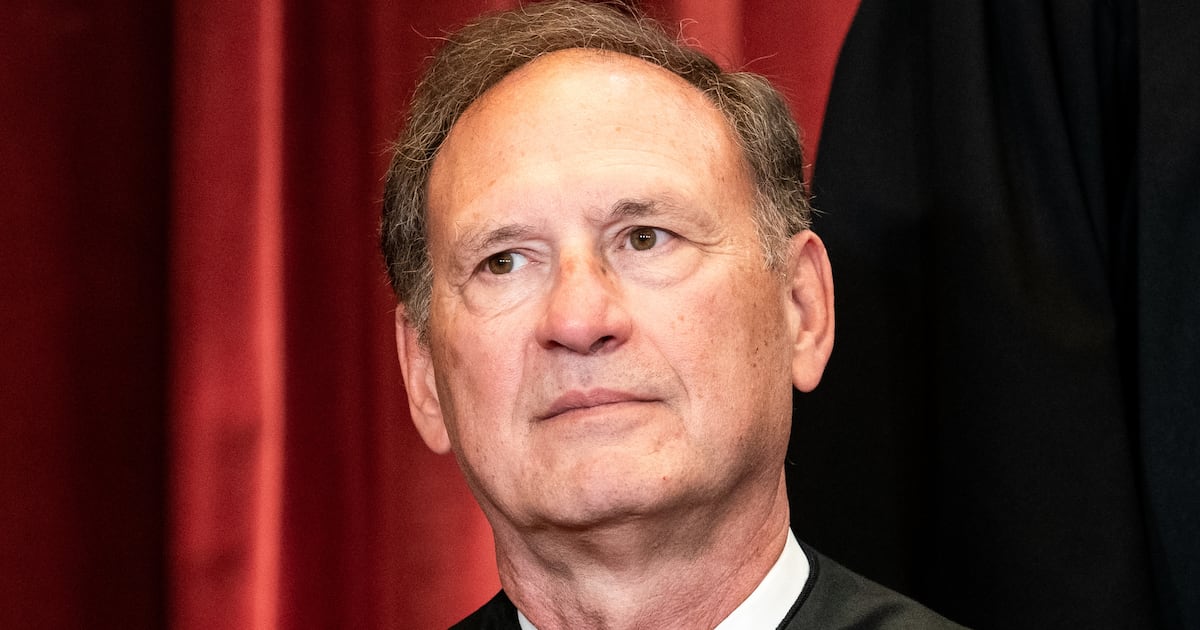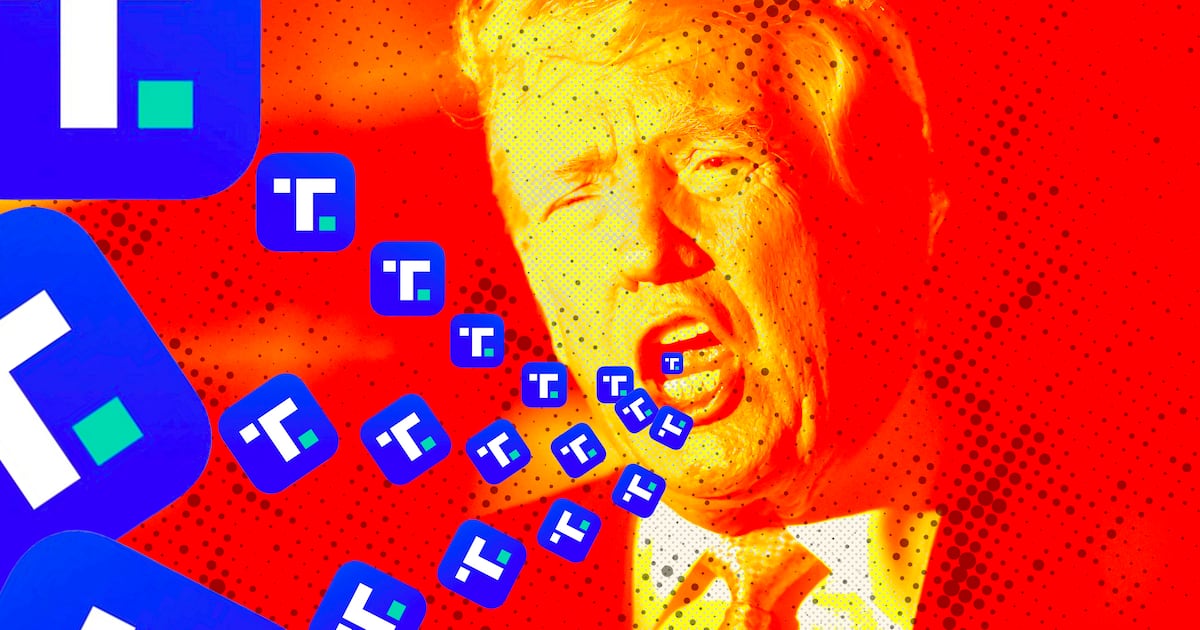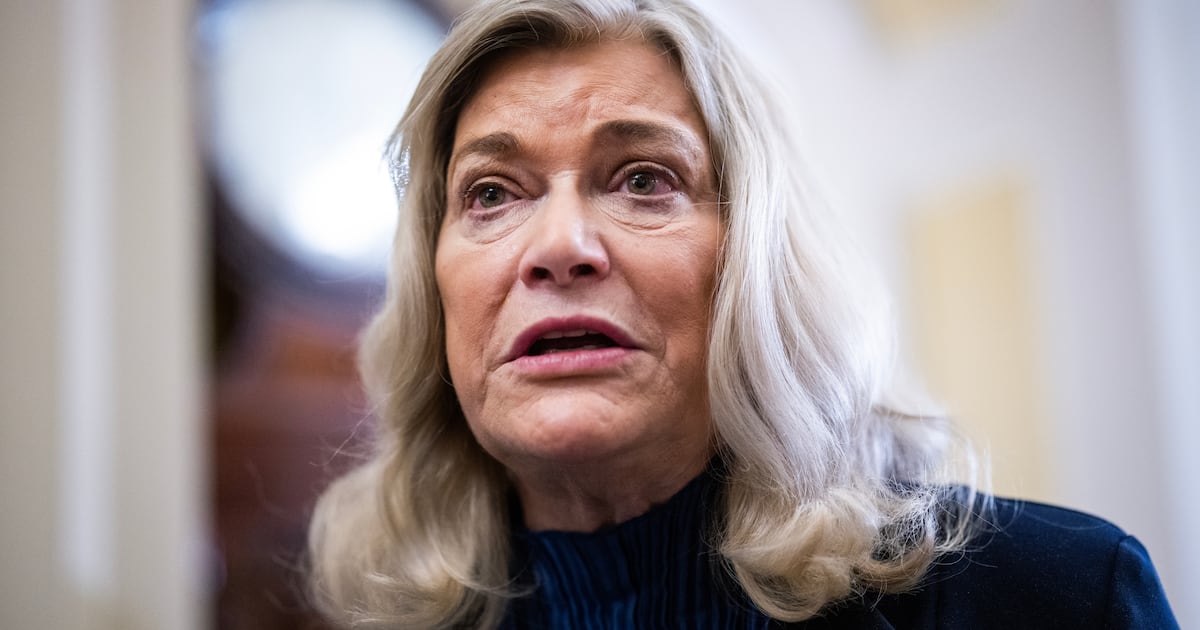Eight seasons in, The Big Bang Theory is one of the funniest shows on TV. And, depending on who you are, that is either a very obvious or a very controversial opinion to hear.
That’s because, as the CBS sitcom has trudged on and exploded in popularity, reaction to the series has become starkly divided in two camps.
There are those who have buoyed it to its current status as the most viewed comedy on TV, a ratings titan that has turned the show into a blockbuster phenomenon not just in the United States, but around the globe, where it is also the most watched sitcom internationally. (“Bonjour! Bazinga!”) They’re the ones who delight in the show’s traditional comedy setup: multi-camera format, laugh track, three-tiered plot structure, and punchline-per-minute ratio ambitions.
The other group reacts to the show’s soaring success with the same histrionic disgust that Sheldon reacted to being assaulted with a spitball in Monday night’s premiere: disgust.
They’re the ones who don’t find the show high-minded enough, dark enough, complex enough, or comedically adventurous enough to warrant being mentioned in the same breath of “TV’s best comedies” as the likes of Louie, Girls, Veep, or, if we’re talking broadcast TV, Parks and Recreation or Modern Family. They’re the ones who weep over the fact that a rerun of The Big Bang Theory routinely outdraws a brand new episode of Mad Men in viewers, or that its Season 7 finale drew four times the ratings that 30 Rock managed to average at its peak popularity.
How could Americans be so enamored by a series so broad and base-level, when there’s so much better, smarter TV out there for them to be watching? That’s the typical complaint among, for lack of a better phrase, the cultural elite, who find themselves “above” shows like The Big Bang Theory. But after a one-two punch of two very strong, very funny, and, yes, very broad and base-level episodes to launch its new season Monday night, it’s time those naysayers swallowed their pride and just finally admitted: It’s OK to like The Big Bang Theory.
The first of the doubleheader, “The Locomotion Interruption,” began 45 days after Sheldon (Jim Parsons) made the poignant pledge to travel the country by rail in last season’s finale. In his underwear, robbed of his phone and wallet, and unable to convince train station passerbys that he is not a hobo, he is arrested and forced to call Leonard to rescue him. Ridiculed and ignored by everyone he met while ranting and raving about why he should be taken seriously, Sheldon finally gets a taste of what it’s like to be in an environment where people don’t know him well enough to be charmed by—or at least tolerate—his idiosyncrasies.
The second outing, “The Junior Professor Solution,” dug deeper into the same theme. Sheldon becomes a professor, but no students sign up for his class because his reputation as being insufferable precedes him. Hurt, he discovers that he’ll have to learn how to care about other people and sacrifice time spent thinking about himself if he’s going to advance in his life, or even find further fulfillment. Though soundtracked with sometimes overcompensating uproarious laugh-track laughter, these are landmark realizations for Sheldon to have.
These plot points deserve mentioning because they represent something that’s remarkable for a series that is in its eighth season and more popular than ever: a writers’ room and team of actors that aren’t lazy. It’s a creative team that has decided not to simply go through the motions, even though they’ve arguably earned that right. It’s depressingly atypical for characters to evolve in believable ways and for actors to find new nuance in their performances this late in its run. The typical trend is for writers and actors to default to the crudest element of what makes their show work, and lean on that.
In that regard, if The Big Bang Theory was anything like most long-running sitcoms in their respective later years, Sheldon would just run around shouting “Bazinga!” for 22 minutes each week and everyone would collect a paycheck.
It may seem, at first, like overkill that Parsons won his fourth Emmy Award for Best Actor in a Comedy last month when the moodier, grittier, and more shadowed performances of Louis C.K. in Louie or William H. Macy in Shameless were up for the prize. But there’s a lived-in genius to Parsons’ performance on The Big Bang Theory, in that, though always laugh-out-loud funny, it’s unexpected. Blips of emotion pop up when you’re not braced for it. A bemused line reading sneaks in when you are anticipating a hammy hard sell. Like Sheldon, Parsons’ performance has evolved.
Besides, there were jokes about rectal bleeding, animal ejaculation, and cocaine usage in The Big Bang Theory’s two-part premiere. And you thought this show wasn’t racy!
It’s fitting that the season premiere of The Big Bang Theory fell on this particular Monday night, September 22, as the date also marked the 20th anniversary of the first episode of Friends. It’s wild to think, since it’s been two full decades, but The Big Bang Theory really might just be the closest thing to a “new Friends” that we've gotten in the years since Rachel got off the plane.
Not only is the sheer ratings domination of The Big Bang Theory the first time a sitcom has had such incomparable success since Friends went off the air, it might be its closest rival to pop-culture domination ever since, too. (Case in point: Did the Big Bang’s $1-million-an-episode contract negotiations this past off season take anyone back to a similar situation concerning certain coffee enthusiasts in the 2000s?)
There's been so many attempts at replicating the “friends hanging out” formula that Friends perfected, and some were more successful than others: the outsized failure of Coupling is notorious, for example, but How I Met Your Mother had a fairly solid—if occasionally ratings challenged and often creatively lacking run—didn’t it? But no show has matched the cast chemistry, familiar ease, and lighthearted edge that made Friends so appealing as The Big Bang Theory does now.
But The Big Bang Theory isn’t just a Friends copycat. Yes, the fact that most of its characters are certified geniuses might seem like it would set it apart, but that’s really just a narrative trick for leveling the playing field and finding a common bond among the ensemble—the same way that loafing around and barely working provided the through line connecting Phoebe, Chandler, Joey, and the rest of the gang.
But in many ways, too, The Big Bang Theory is a far more audacious series than it gets credit for.
For one, to make another Friends comparison, it made the Joey character the lead. Obviously Sheldon’s IQ makes Joey look like an intellectual infant, but they’re very similar characters in that they have strong personalities that veer on caricature, the kind that is typically marginalized to supporting second banana (the way Joey was so often through Friends’ run) while the more conventional “straight man” characters drive the narrative. (Hello, Ross and Rachel.)
But Big Bang throws out convention in that regard, finding a way to put a character that should be incredibly annoying in such a high dosage in the forefront and still structuring a fluid, digestible, and broadly entertaining show around him. That is really hard to do. Just ask the writers of New Girl about that show's first season, before they responded to critics and dialed down Zooey Deschanel’s Jess’ neuroses while dialing up those of her roommates to balance her.
This is also a show that decided that in order to get better it needed to beef up its female presence. And it did. It can’t be undersold that a wildly popular show in this day and age recognized the importance for a female perspective, cast two actresses who weren’t your typical network comedy hires—Mayim Bialik as Amy and Melissa Rauch as Bernadette—and instantly saw the show get better. In fact, some of its strongest moments since involved the show’s girls. That slumber party episode, for example, might be among the funniest it’s produced, and the joke dynamic between Sheldon and Amy—she thinks she’s about to get more intimacy from him, but he always denies her at the last second—lands hook, line, and sinker each time.
Plus, as anyone who’s seen The Big Bang Theory in reruns knows (and if you have ever turned on your television to any cable channel at any time on any day, you’ve seen this series in reruns) that it ages well. Many people are wondering what it is about Friends that has made its 20th anniversary such an event this past week. The answer is simple: It is as funny now as it was then. Its humor isn’t trapped in a certain time or era (a problem that, say, Selfie may face in the future). It’s just plain funny.
Just plain funny. How could that a bad thing? In fact, it’s not a bad thing. It’s a great thing. And that, when you boil it all down, is why it’s OK for us finally to admit that it’s OK to like The Big Bang Theory. You can still like Mad Men, too! Now, say it with me: Bazinga!
There, doesn’t that feel better?






